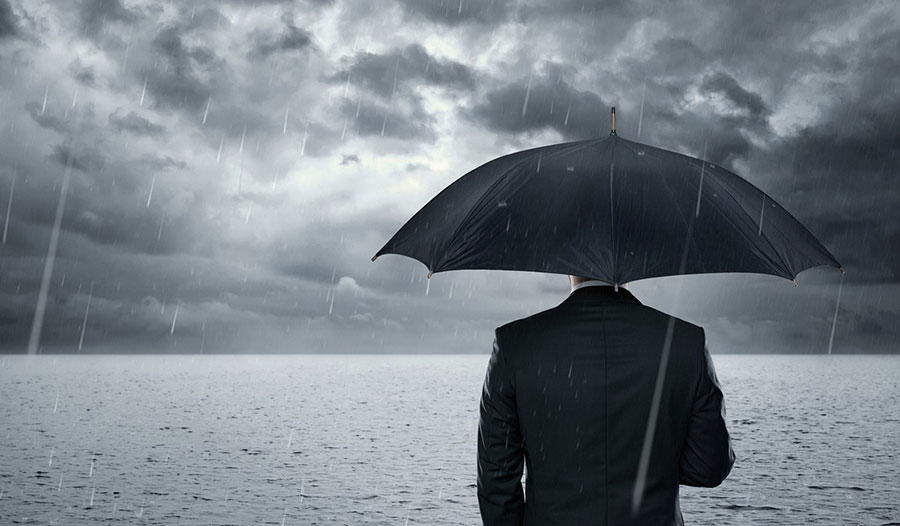The third Monday of January has been coined “Blue Monday” by people who believe everyone leaves behind the state of mind that lingered during the holidays, going back to a routine of work, school, and the usual daily activities.
The term was first seen in a statement from Cliff Arnall, a former part-time tutor at Cardiff University’s Centre for Lifelong Learning. Apparently, it was exploited by travel agencies to have a reason to sell more packages.

Even if it is considered to be a fluke, the argument is that Blue Monday has its formula, and you can calculate it yourself. The equation has been deemed “senseless” by scientists, arguing that there is no way the variables can make sense on their own.
Arnall suggested that the date would help travel companies determine how people book their holiday vacations. He explains that the proposed variables are what people take into account for booking a last-second vacation.
It is rather obvious that the units for calculating the date are not clear at all.
Other researchers suggest that the pretension of Blue Monday’s existence is harmful to mental health, as it could lead to misconceptions about what makes people depressed. Without much care about what real scientists say about his formulas, psychologist Cliff Arnall reported once more to The Telegraph and added to the mix Trump’s victory, Brexit, and the many celebrities that have passed away in the last few months.
No longer a professor, 51-year-old Arnall works as a confidence coach, but he went on to flagrantly suggest that credit card bills, snow, and politics are to blame for the depression felt on Blue Monday. It is worth to say that Arnall did not refer to a sociological study nor to a scientific analysis of any kind to back his claims.
“The deaths of so many celebrities, many in their 50s and 60s, has also worried people by reminding them of their own mortality,” stated Arnall to The Telegraph in an interview.
There is no correlation between the death of celebrities and the level of happiness that people enjoy, seeing that not everyone in the world is aware of such celebrities.
On the other hand, the University of Sussex predicts a dip in national happiness levels back to the one seen on November 9th when Donald Trump won the presidential election. Entries were submitted through an app known as Mappiness, developed by Dr. George Mackerron. The level stood at 55 points, the lowest that it has ever been since records started.
Source: The Telegraph
